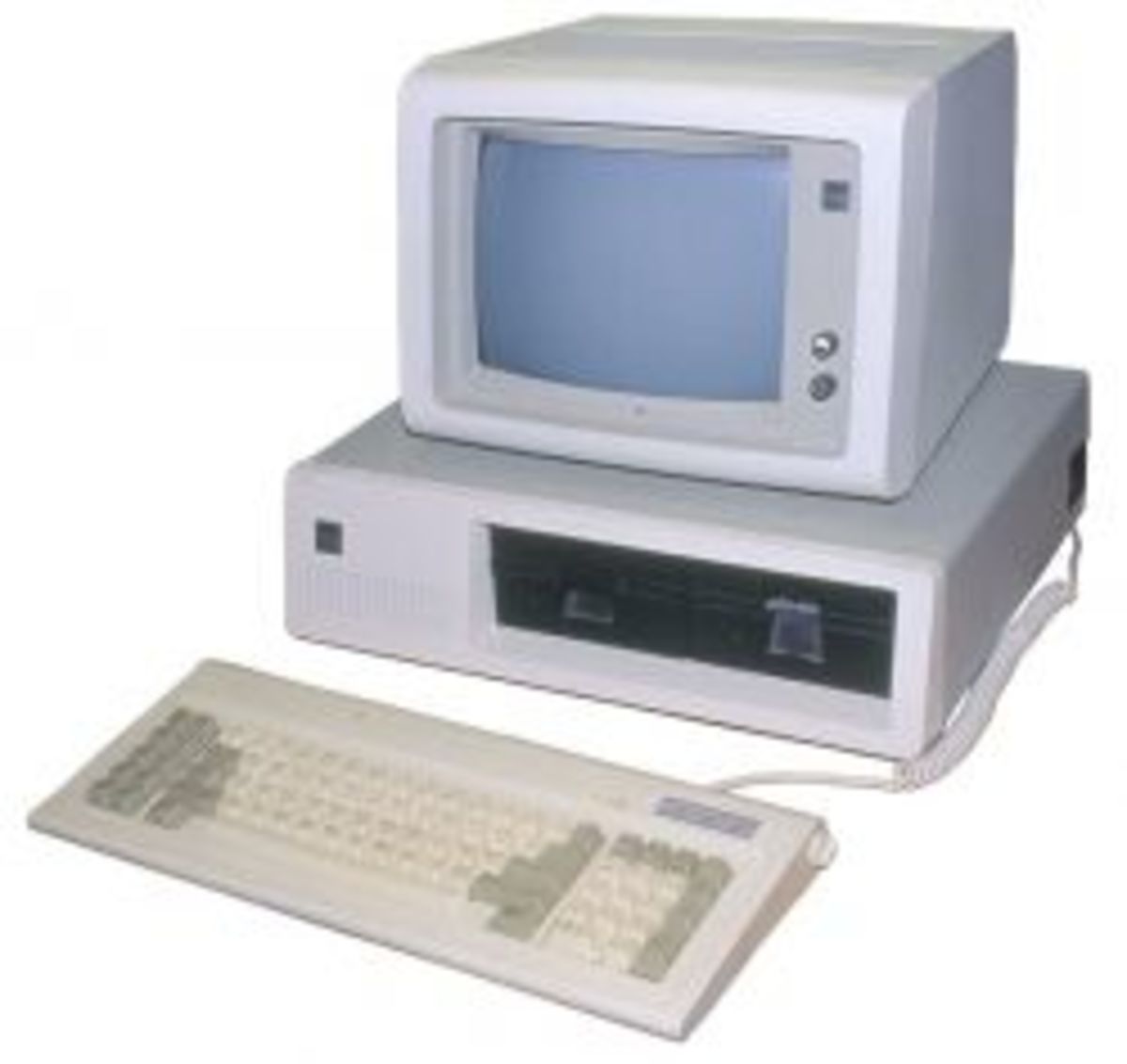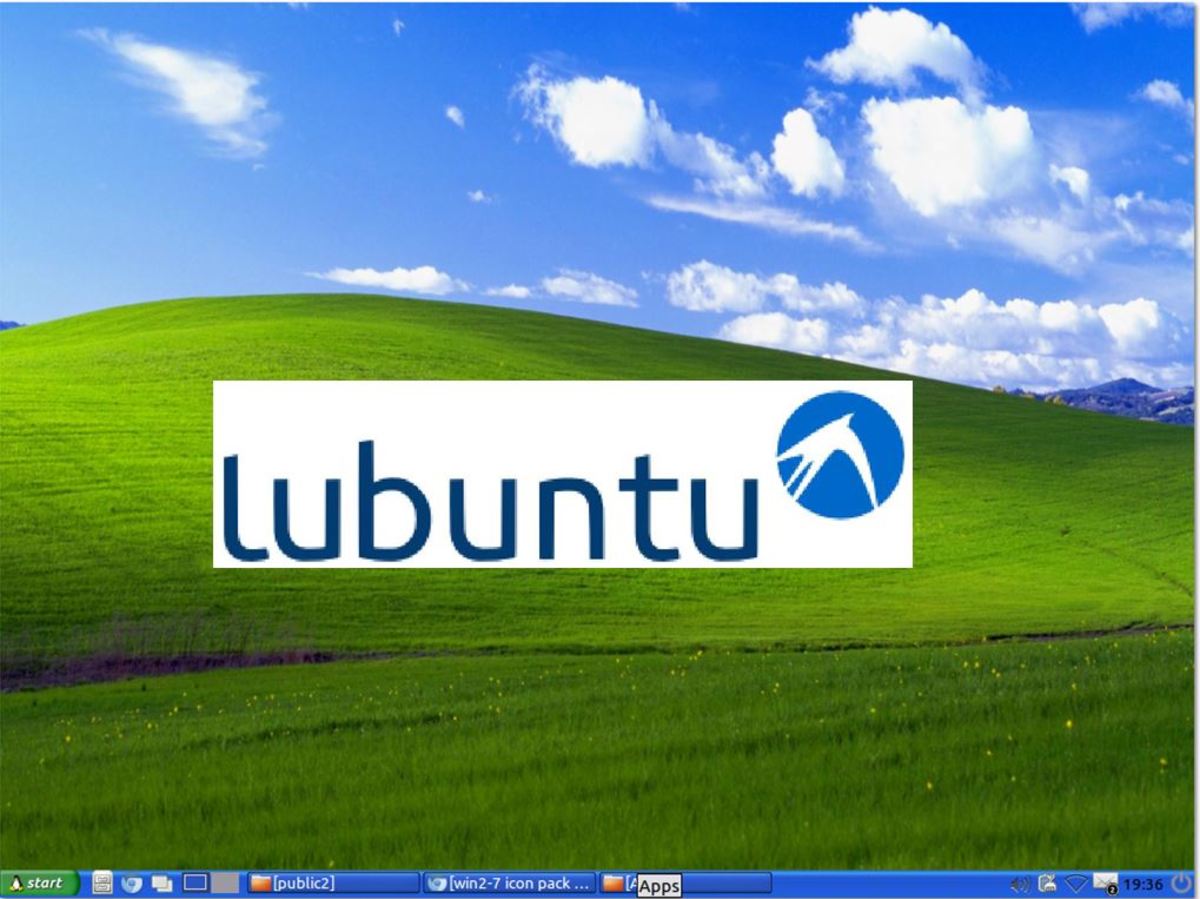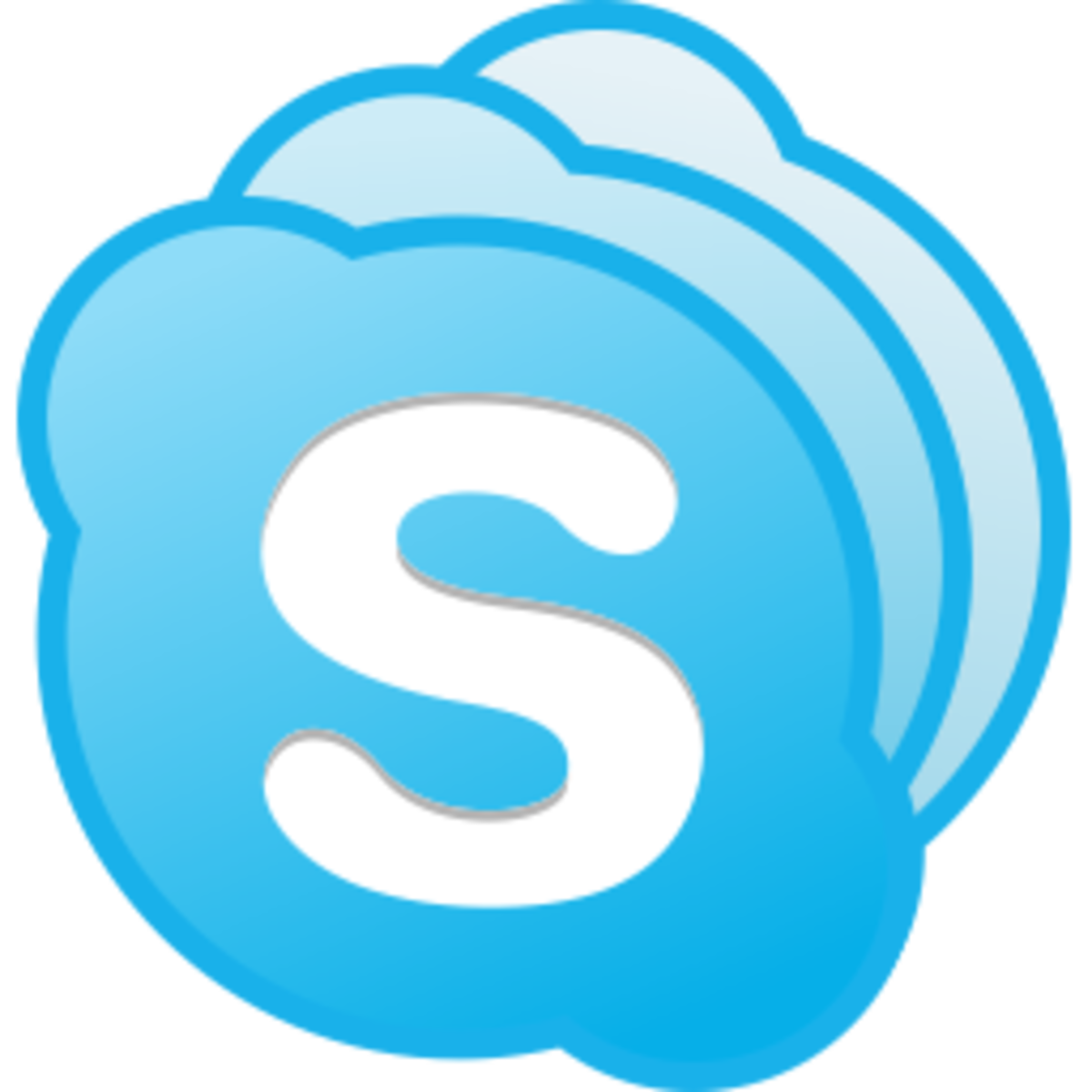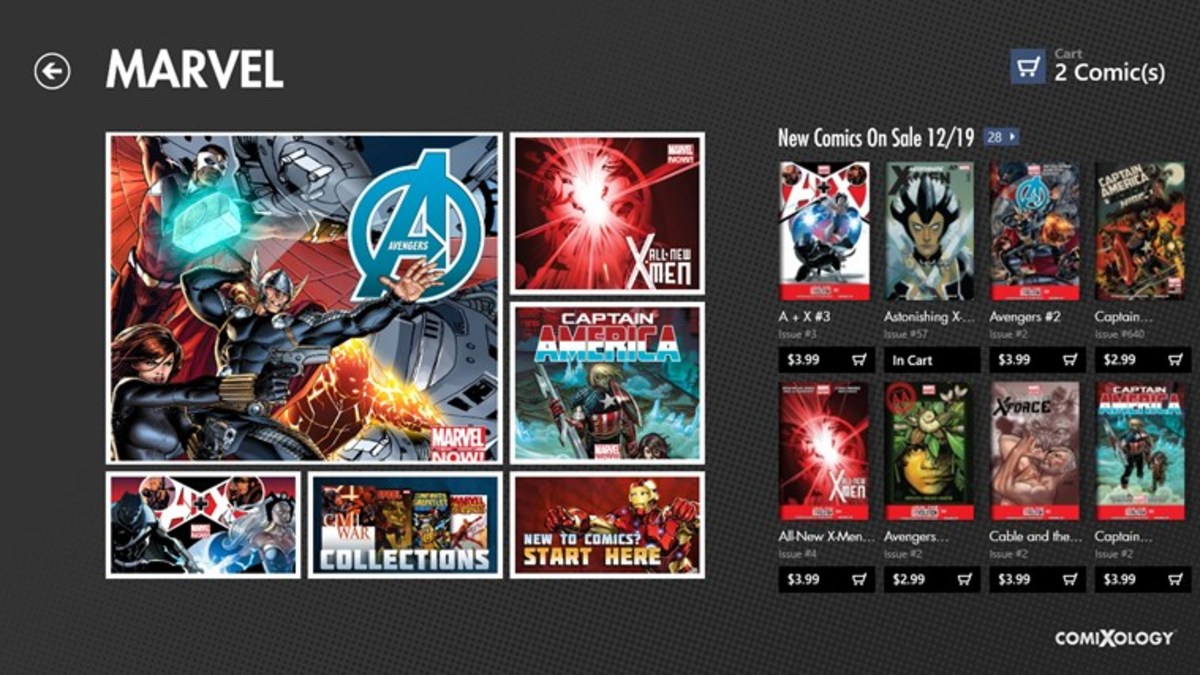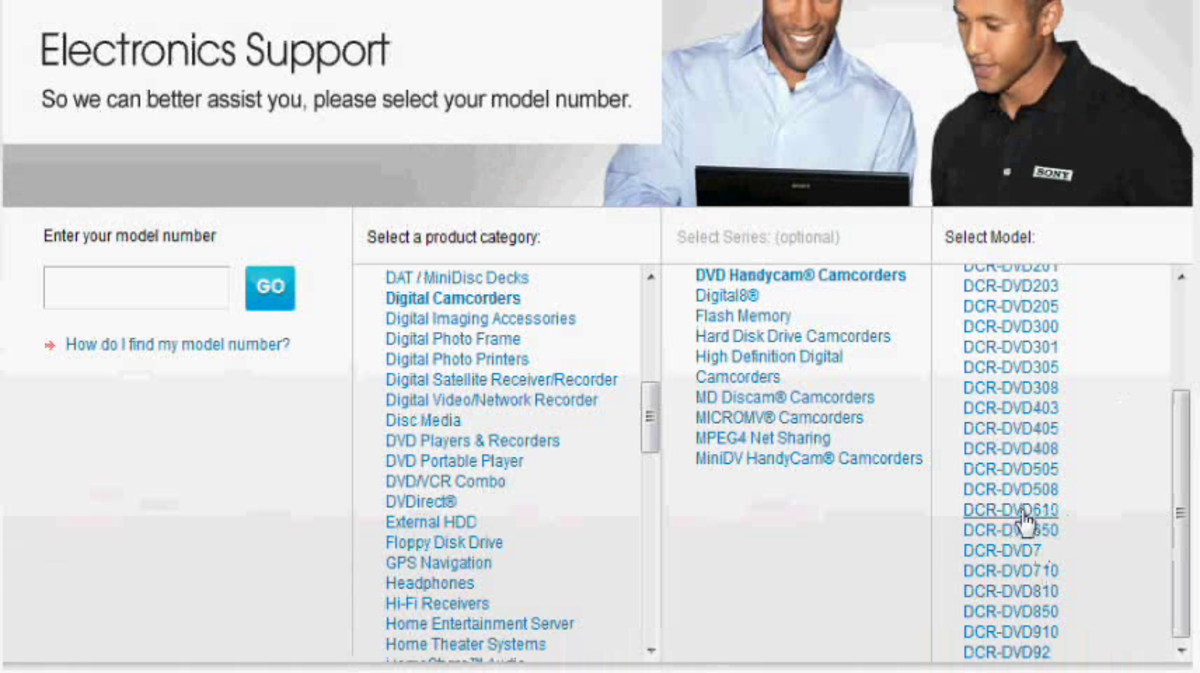- HubPages»
- Technology»
- Computers & Software»
- Operating Systems»
- Windows
Windows XP Security Risks After Tuesday Of April 8 2014
When the clock ticked midnight April 8, 2014, Microsoft pulled the plug on Windows XP service pack 3 and thus unleashed the zero-day exploits.
The date also meant retirement of Patch Tuesday for XP S3, ending extended support for security updates and patches.
However, for enterprise clients who opted to stick to Windows XP SP3 from then on, a team of experts from Arkon in France was rolling out ExtendedXP, an expansive security option for the now legacy OS.
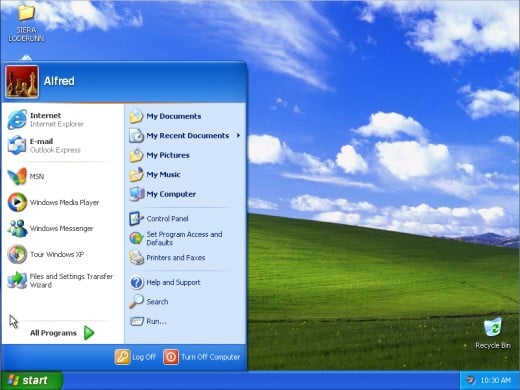
For those that stayed put with Windows XP service pack 3 after April 2014, Microsoft continued availing anti-malware support up to July 14th 2015.
This support came in two flavours, both for individual and enterprise consumers:
- For the basic consumer, Microsoft released daily anti-malware definition updates for its flagship antivirus software Microsoft Security Essentials.
- For the Enterprise customers, Microsoft availed daily anti-malware definition updates for System Centre Endpoint, Forefront Client Security and Forefront Endpoint Protection.
The anti-malware support was meant to give minimal protection to those that had not made the transition in time.
Microsoft also projected that more than 8 million users worldwide still ran Windows XP SP3, as of April 2014.
By July 14 2015 it was hoped that everyone would have made the big decision to carry on to Windows 7 or Windows 8.
The end of support for Windows XP should not have come as a surprise since Microsoft usually pulls the plug two years following the release of a new operating system or service pack.
The table below illustrates the life cycle of recent Windows-based operating systems.
Microsoft Support Life-cycle
OS
| Latest Service Pack
| End Of Main Support
| End Of Extended Support
|
|---|---|---|---|
Windows XP
| SP3
| April 14, 2009
| April 8, 2014
|
Windows Vista
| SP2
| April 10, 2012
| April 11, 2017
|
Windows 7
| SP1
| Jan 13, 2015
| Jan 14, 2020
|
Windows 8
| 8.1
| Jan 9, 2018
| Jan 10, 2023
|
Windows 10
| Oct 13, 2020
| Oct 14, 2025
|
Do you use Windows XP even after April 8 2014?
The Risks Of Using Windows XP Service Pack 3 After 2014
Following the termination of Windows XP extended support in April 2014, continued use of Windows XP online and across networks will remain risky.
Those that use their computers offline and away from network configurations will probably experience minimal hiccups.
The main culprits will be the enterprise consumers who usually accomplish their activity online and in network settings. They will be at the forefront of hacker onslaughts, who will have upped their game.
Other Products Affected the April Deadline
Windows XP is not alone in the battle for survival. Other equally important software that are being retired (seeing end of daylight) include:
Microsoft Office 2003
Exchange Server 2003
One popular trick the hacker community has always used is akin to reverse engineering. When Microsoft release updates on Patch Tuesdays to address security holes in its operating systems, hackers respond by reading the new patch codes ‘backwards,‘ and from these, are able to read into the mind of Microsoft. They get further insight into what security loopholes exist and what exploits they can execute, in case Microsoft continues to slumber.
Going forward from April 2014, hackers will reverse engineer the patches released for Windows 7 and 8 and use them to hack into vulnerabilities in Windows XP SP3. Since Microsoft will not be availing security updates for the legacy operating system, hackers will use the new holes to inflict maximum damage.
Third Party Solutions for Win XP
Arkon Network Security is based in France and has offered to spearhead life without Microsoft extended support. Arkon will be rolling out ExtendedXP, which is apparently their answer to extended security solutions for the legacy windows operating system. Upon subscribing, for a fee, Arkon insists that enterprise consumers should be assured of top of the range protection against un-patched vulnerabilities and all forms of exploits. Using behavioral protection methodology and dedicated team
Why Windows XP Computers are Still Around!
As strange as it sounds, there are loads of machines that still run Windows XP Service Pack 3. Equally true are personal computers that run older Windows XP service pack 2, SP1, the original Windows XP and Windows 2000!
Surprisingly they are doing fine though a number of factors will always determine how well they continue to perform.

Legacy Computers and Windows XP
There is no denying that huge numbers of legacy computers are still being sold out there – specially in developing countries, where they spot the bare minimum of specs. These computers will never run modern operating systems.
Pentium III and 4 computers still grace shelves, offices and people’s homes, and despite government directives to ban their importation, they somehow find their way into the open market!
Developed countries have also made it a habit to dispose of old computers and most of them tfind there way in developing countries.
These computers still run paltry 256 and 512 megabytes of random access memory.
When used for basic entertainment at home and word processing in the ‘office’, they seem to work just fine.
Familiarity and Poularity Factors
Also important is familiarity and popularity factors. Too many users, enterprises included, find it rather cumbersome to dig into new knowledge when old knowledge still works.
The concepts of Windows 7 still intimidate many and the story is even worse with Windows 8 and 10. For as long as Windows XP is still working, there are those will give it the benefit of doubt. Older users are the most affected given their level of contentment with what already works.
Not until a catastrophe of some kind befalls the enterprise and individual users will there be complete migration.

